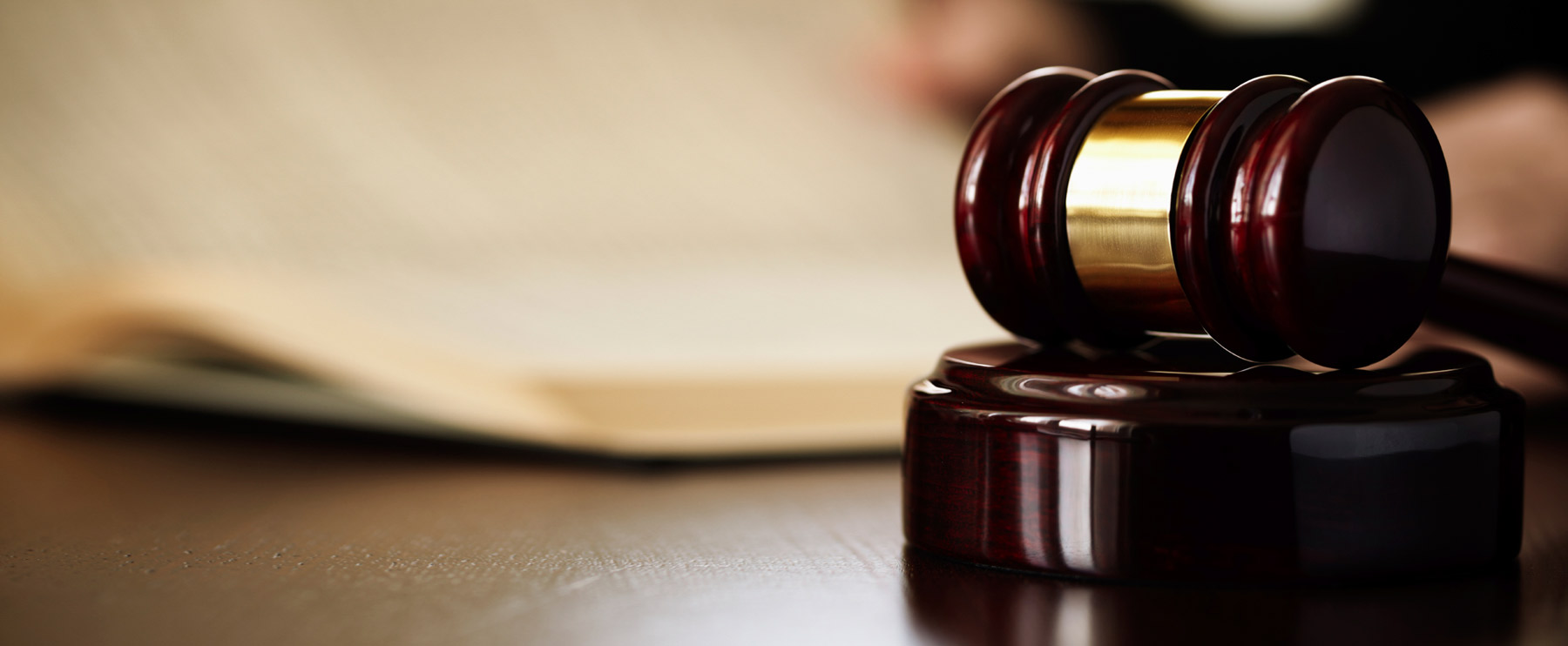A Will is a legal document that you create during your life that controls certain matters after you die. While it is not required that you have a will, they are numerous reasons why most individuals should have a will.
“Do I need a will?”
Regular surveys conducted by various organizations repeatedly reveal that half or more of the adult population in the United States does not have a will. There are examples of numerous public figures that didn’t have a will (for example, John Denver and Sonny Bono) and many others that had outdated wills or poor planning.
Not enough assets?
Iowa law does provide that if your personal property (no land) consists of less than $25,000.00, certain assets may be transferred by an affidavit after your death to those who are entitled to receive those assets. The determination of whether this procedure can be used is not easy and may involve the services of an attorney to determine if it is available and to whom the assets can be transferred. A common misperception is that you if you don’t have a lot of money and assets, you don’t need a will. If you have no assets and no family, then that might be true. However, even if you simply own a house in your own name, no matter the value of that house or the balance of the mortgage, it will be necessary to go through probate in order to transfer title to the house to your family. Without a will, several issues can arise which affect the ability to smoothly transfer that property.
Minor Children
If you are responsible for the care of minor children, it may be necessary to appoint a guardian and/or conservator to take care of minors if you cannot. By nominating a person to be the guardian for your minors, the court will give a preference to the person that you choose. It is not a guaranty that they will be appointed guardian as they must first qualify, but if there is more than one person that seeks to be appointed guardian, the one who is nominated in the will be preferred. While the other parent may survive and thus remove the need for a guardian, it is possible that a common accident, incapacity or some other event may prevent the other parent from being able to take care of the minor. In that situation, a guardian would be necessary.
Second Marriage Issues
A common situation involves the scenario where at least one of the spouses, if not both, has children from a prior marriage that they would like to recognize. Or, conversely, that spouse may want to leave everything to their current spouse and nothing to the child(ren) from the prior marriage. If this individual does not execute a will, resulting in dying intestate, the result is that the children from the prior relationship would basically get 1/2 of the assets and the surviving spouse would get the other half of the assets. A will can help structure this scenario.
Tax Planning
If your estate is of sufficient size, it may be necessary to take advantage of certain tax planning opportunities. Each individual has a federal estate tax exemption amount that they can use at their death. If it is not properly used, it may be lost.
Can’t I just put my assets in joint tenancy and avoid probate?
Yes, you can. However, joint tenancy may not be the best solution. Joint tenancy property is owned by the other joint owner. Thus, that makes it an asset that is exposed to that person’s judgment creditors, divorce and tax liens. Also, if you want the surviving joint owner to divide it up later among others, there are no assurances that they will in fact do so which may create an unequal distribution of your wealth. Or, what happens if that joint owner fails to survive you? Or what happens if there are taxes to be paid or unpaid debts? Also, the tax benefit of a step-up in cost basis for your assets may be lost through joint tenancy ownership.
Do it Yourself Wills (DIY Wills)
A question that is frequently asked concerns the use of online websites or computer software that can be used to prepare a will for a much cheaper price than hiring an attorney. When you hire an attorney, you are hiring the expertise and experience of that attorney and not just the forms for an estate plan. Any computer software can create a physical will document, but the understanding and knowledge of various issues involved in the estate planning process create potential pitfalls that may not be able to be corrected when you are dead.



